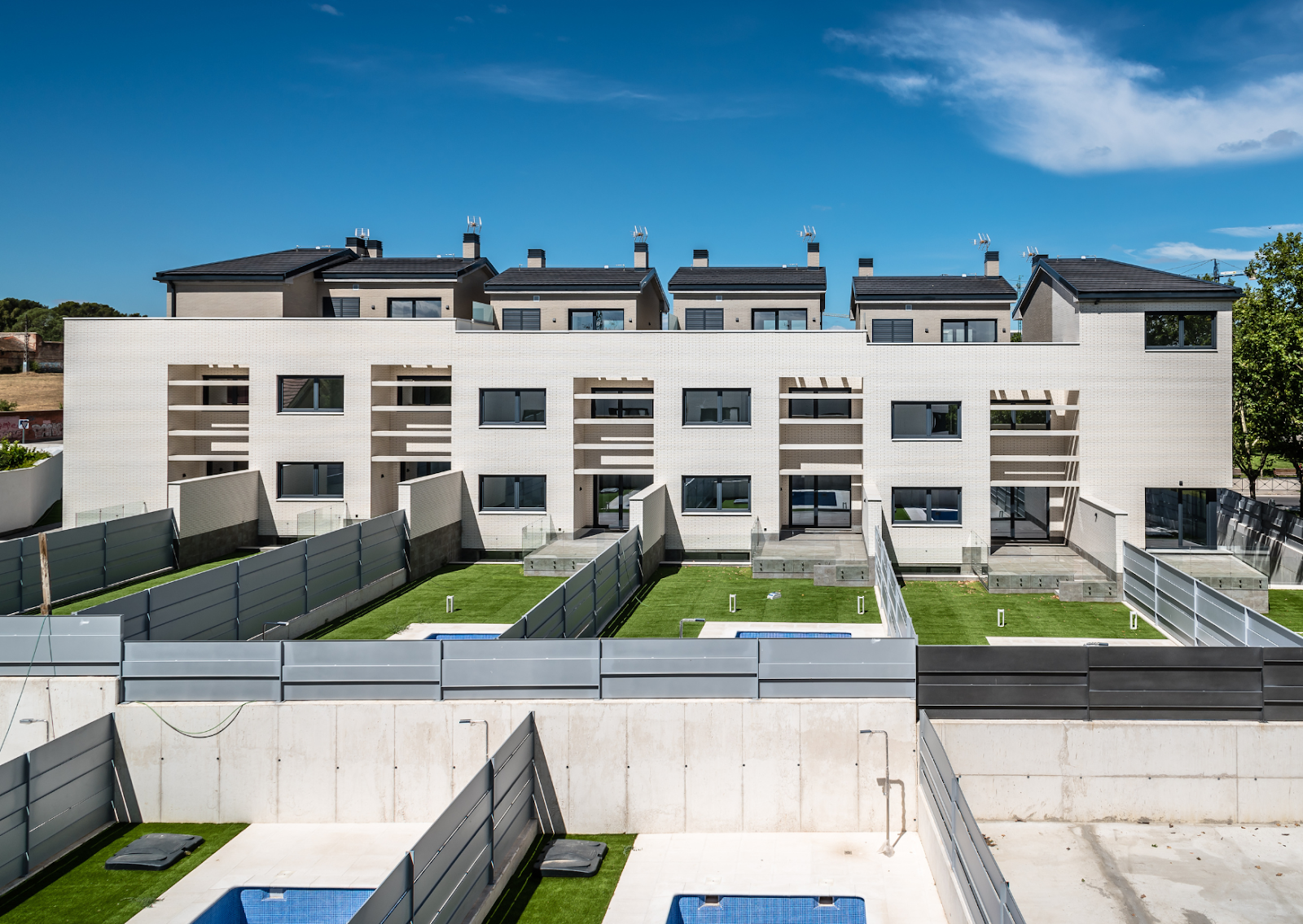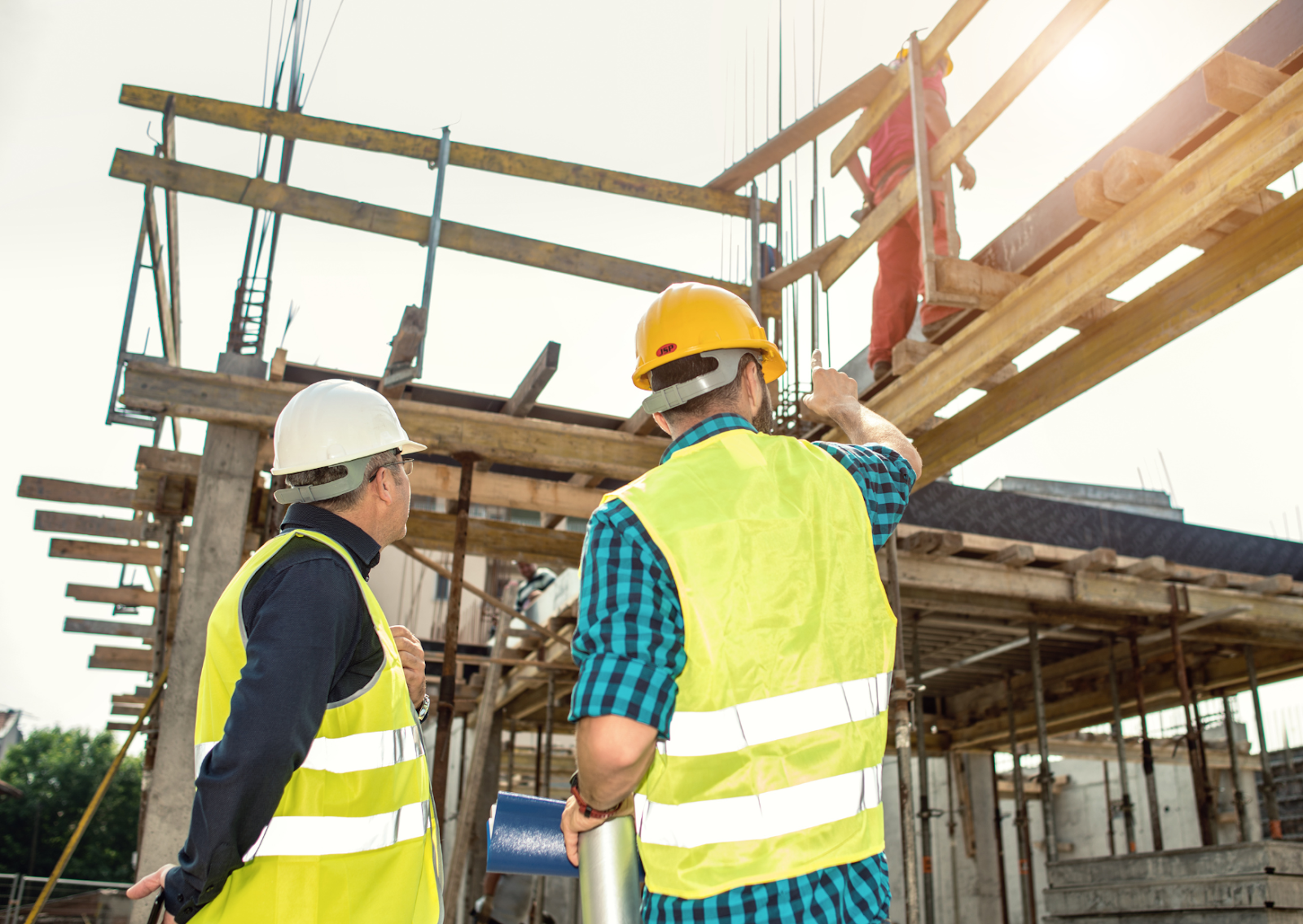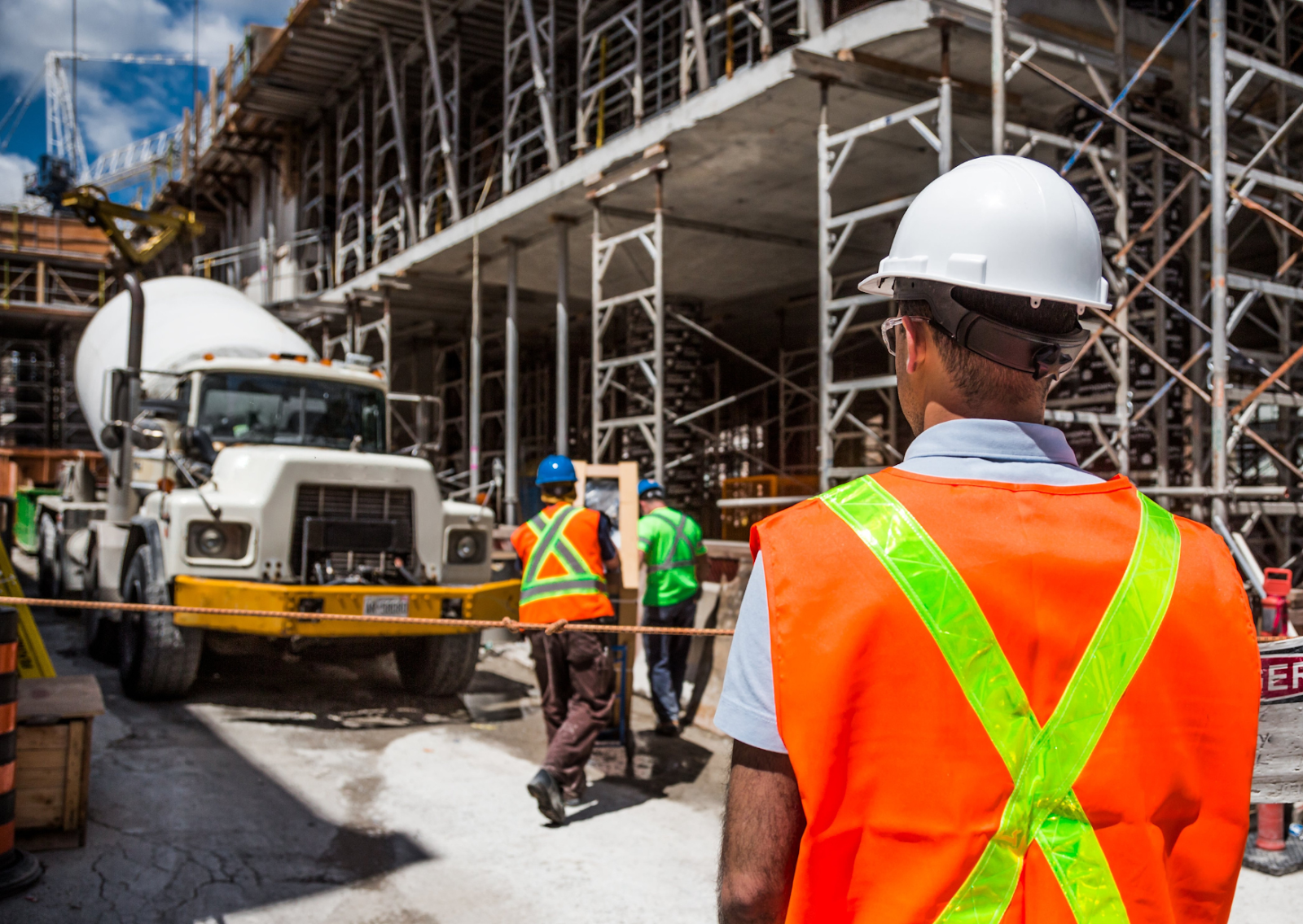What Is Ground Up Construction and How Does It Differ from Other Methods?
Ground up construction, also known as ground-up development, refers to the process of building a structure entirely from scratch. Unlike renovation or remodeling, which involve altering existing buildings, ground-up construction starts with an empty lot and ends with a completed building. This method offers flexibility, allowing for a custom design and integration of the latest building materials and technologies. It’s commonly used for commercial construction projects that require tailored functionality and modern design standards.
Why Is Pre-Planning Crucial for a Successful Construction Project?
Before any physical construction begins, the pre-construction phase sets the foundation for a successful project. This stage involves detailed planning, design considerations, budgeting, and scheduling. It includes land surveys, environmental assessments, and obtaining necessary building permits. Effective planning helps avoid delays and cost overruns and ensures that all stakeholders from the architect to the project manager, are aligned. In this phase, decisions about materials, construction financing, and regulatory compliance are made.
How Is the Design Phase Handled in Ground-Up Construction?
Design is the blueprint of any construction project. During the design phase, architects and engineers collaborate to create structural plans that reflect both aesthetic goals and functional requirements. This phase includes zoning checks, feasibility studies, and the development of schematic designs. The aim is to ensure the building design complies with local regulations and aligns with the client’s vision. Design choices can impact the overall construction process, influencing everything from materials to construction methods.
What Happens During Site Preparation and Early Development?
Once the design is finalized, the site must be prepared for construction. Site preparation includes clearing vegetation, grading land, and ensuring proper drainage. This phase may also involve utility connections and soil testing to determine the type of foundation required. In commercial construction, this stage is critical for ensuring the ground is stable and compliant with engineering standards. Proper preparation sets the stage for a smooth building construction process.
What Is Involved in the Pre-Construction Phase?

The pre-construction phase is a bridge between design and physical construction. It involves setting a realistic timeline, finalizing the budget, selecting subcontractors, and scheduling inspections. This phase also covers securing construction financing and verifying insurance coverage. The general contracting team coordinates with the project manager to align the schedule with the availability of materials and labor. Any misstep in this phase can cascade into significant delays during the construction phase.
How Is the Construction Phase Structured and Managed?
The construction phase is where the physical work begins. It typically starts with laying the foundation, followed by framing, roofing, electrical systems, plumbing, and interior finishes. Managing this phase requires constant oversight by the project manager to ensure that everything is on schedule and within budget. The construction process may be broken into smaller segments called phases, which allow for better tracking and quality control. Safety protocols, regular inspections, and communication among teams are vital during this time.
What Role Does the Project Manager Play?
The project manager oversees all aspects of the build, from coordinating subcontractors to managing the timeline and budget. They ensure that materials are delivered on time, workers are performing as expected, and any issues are addressed quickly.
How Are Materials Selected and Delivered?
Material selection is influenced by the design phase and the type of building under construction. Durable and cost-effective materials are chosen to meet the project’s goals. Once selected, these materials must be delivered according to the project timeline to avoid delays.
What Challenges Often Arise During This Phase?
Common challenges include weather delays, material shortages, labor issues, and unexpected site conditions. A skilled project manager will have contingency plans to manage these risks effectively.
What Are the Final Steps Before a Project Is Completed?
The final phase of the ground-up construction process involves a series of inspections, including the final inspection by local authorities. These evaluations ensure the building complies with safety codes and zoning laws. Any minor adjustments or corrections, known as punch list items, are completed at this time. Once the building passes all inspections, a certificate of occupancy is issued, marking the formal end of the construction project.
How Do Building Permits and Regulatory Approvals Fit In?
Building permits are an essential part of the process, ensuring that all aspects of the construction meet local and national codes. From the pre-construction phase through the final inspection, various permits may be required for plumbing, electrical, and structural work. Delays in obtaining these permits can stall the entire project, so securing them early is a crucial part of the planning and development stages.
Why Is General Contracting Critical in Ground-Up Construction?

General contracting provides the organizational backbone of any ground-up construction. A general contractor hires and manages all subcontractors, oversees timelines, ensures safety, and handles on-site problem-solving. In commercial construction projects, the role of the general contractor is particularly significant because it involves coordinating multiple teams and ensuring the entire process runs smoothly from start to finish.
What Role Does Construction Financing Play in the Process?
Construction financing is often necessary for large-scale commercial or residential projects. This financing covers everything from land acquisition to labor and materials. Lenders require detailed construction plans, budgets, and timelines before approving a loan. Monitoring the use of these funds during the construction phase ensures that the budget remains on track and avoids financial setbacks.
What Should Property Owners Know Before Starting Ground-Up Construction?
Before initiating a ground-up construction project, property owners should understand the full scope of the process. This includes the time commitment, cost factors, regulatory hurdles, and potential risks. Consulting with professionals such as architects, engineers, and contractors is essential for a successful outcome. Property owners should also be prepared to make decisions about materials, site selection, and design elements throughout the project.
How Can You Start Your Ground-Up Construction Project Today?
If you’re planning to begin a ground-up construction project, it’s essential to work with a team that understands every phase, from site selection to final inspection. Visit MID Construction Group to connect with experts who can guide you through the entire process. Their experience in commercial construction and project management ensures your vision becomes a lasting structure. Call now for more information!
What Can You Expect After Project Completion?
Once the building is complete and all phases are signed off, you can begin occupancy and operational activities. However, maintenance planning and periodic inspections remain important to ensure the longevity of the building. Post-construction support, including warranties and future upgrades, can be discussed with your construction team.
Works Cited
“Construction Project Management.” U.S. General Services Administration, www.gsa.gov. Accessed 16 June 2025.
“Design and Construction Process for Buildings.” Whole Building Design Guide, National Institute of Building Sciences, www.wbdg.org. Accessed 16 June 2025.
“Ground-Up Construction: What You Need to Know.” Architect Magazine, www.architectmagazine.com. Accessed 16 June 2025.
“Construction Financing: An Overview.” Investopedia, www.investopedia.com. Accessed 16 June 2025.
“Construction Permits and Regulations.” U.S. Small Business Administration, www.sba.gov. Accessed 16 June 2025.
Frequently Asked Questions
1. What is the difference between ground up construction and renovation?
Ground up construction starts from an empty lot and builds a structure from scratch, while renovation modifies or updates an existing building. Ground-up development offers more design flexibility and modern functionality.
2. Why is the pre-construction phase important in any building project?
The pre-construction phase involves planning, budgeting, scheduling, and obtaining permits. This phase is essential for aligning all teams, preventing delays, and ensuring the project starts on solid footing.
3. What does a project manager do during the construction process?
The project manager coordinates subcontractors, tracks progress, ensures materials arrive on time, and resolves on-site issues. They are critical in keeping the project on schedule and within budget.
4. When does the final inspection take place, and what does it involve?
The final inspection happens at the end of the construction phase. It ensures the building complies with safety and zoning codes. Once passed, a certificate of occupancy is issued.
5. Do I need building permits for ground-up construction?
Yes, multiple permits are required throughout the project—including those for plumbing, electrical, and structural work. Obtaining them early is crucial to avoid construction delays.





